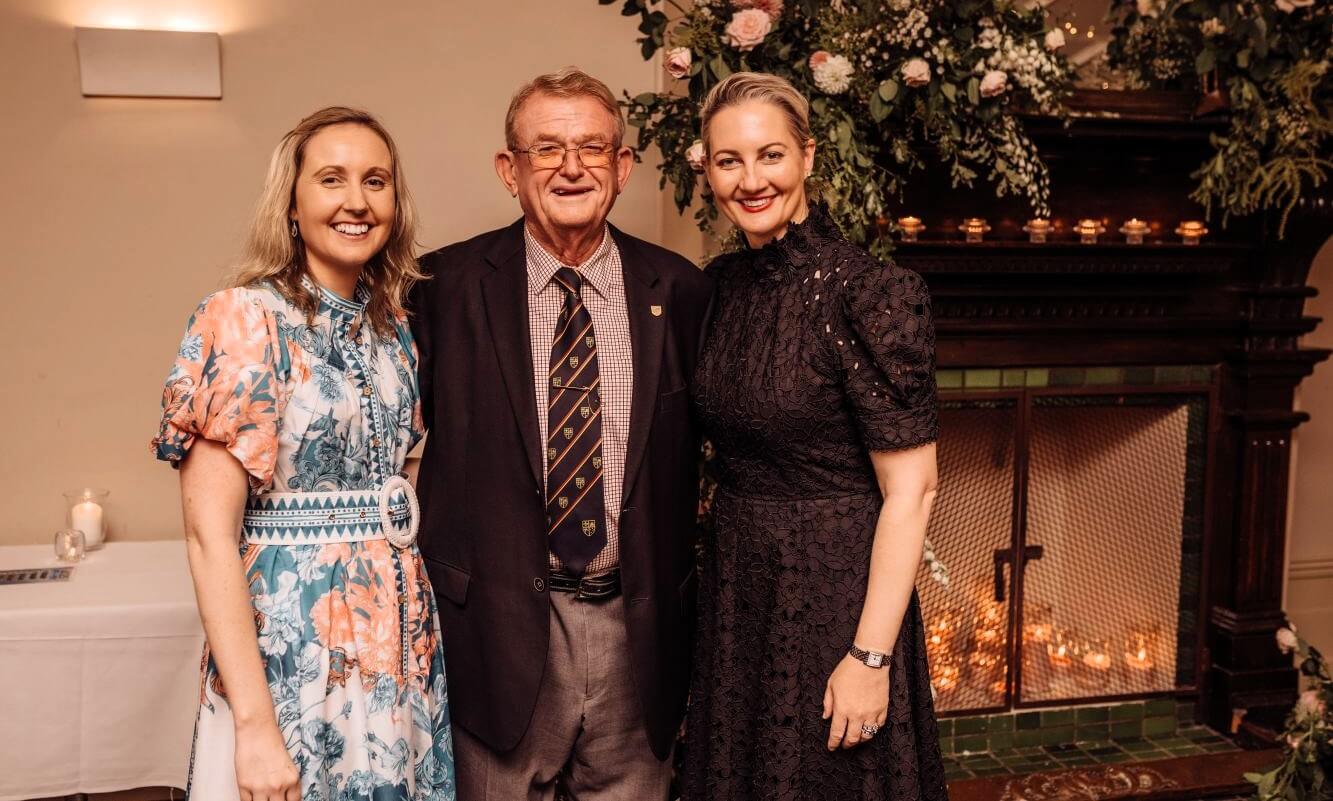One of the things solicitors regularly ask new clients is whether or not they have a will – and they should also, as a matter of course, ask if the client has an EPOA.
Ironically, however, it is a question many practitioners do not ask themselves, but they should – especially principal practitioners. While it is bad enough when solicitors (who should know better) do not have wills and EPOAs, when those practitioners are running law firms, the stakes are much higher.
All solicitors who are principals of law firms should have a contingency plan in anticipation of a time when they might not be able to run the firm, either through a loss of capacity (even temporarily) or via their passing.
Step one of that plan is having a will and an enduring power of attorney, both of which take into account and address the fact that the practitioner has a leadership position and is a principal of a law firm.
This is more than a mere convenience; it is existential. In the absence of anyone who can attend to the practice, on the death or incapacity of the principal, Queensland Law Society has little choice but to appoint external interveners, the cost of which will be charged to the practice.
Lexon’s Help Now program will be similarly curtailed. This includes precluding access to Help Now’s urgent triage service, which may assist practitioners in times of sudden illness – but is inaccessible without an EPOA being in place.
Inevitably what this means in practical terms is that a receiver is appointed, the cost of which will fall on the practice and possibly the estate of the practitioner. At this point, even the employees of the practice are prevented from participating in the affairs of the practice, which includes recovering unpaid Work In Progress and other monies owed to the practice.
The receiver’s priorities will be to move ongoing files to new legal representatives, return trust monies to clients and shut down the firm. The absence of an attorney or executor means that liens cannot be used by the receivers to protect the interests of the practice. This in turn means that the firm itself ends up with no real value and the saleability of even a viable and thriving practice disappears; there is literally nothing left.
A practice which took a lifetime to establish, and which might have been sold to the benefit of the practitioner’s spouse and children, ends up being worthless.
Thankfully, this outcome is easy to prevent. Creating a contingency plan (please see our contingency plan checklist) is not onerous and can prevent trouble down the track; at the very least, the following is advised:
- Have a will and an EPOA/POA, and ensure they specifically cover contingencies in relation to your law firm;
- Store the will in a safe place and tell your family, executor(s) and attorney(s) where it is (the best place being safe custody);
- Give some thought to who your attorney should be (and the terms to be included in the document) – QLS has a guide here – and bear in mind that if you are appointing someone to actually run your practice they will require a Principal Practising Certificate;
- Even if you are capable of drafting the will yourself, best practice is to have it done by an independent solicitor.
QLS research reveals that around two-thirds of Queensland’s sole practitioners have no contingency plan, despite being the most vulnerable to the issues discussed above; that needs to change.
Principal practitioners who want to put a contingency plan in place and would like guidance should contact the QLS Practice Advisory Service.














Share this article